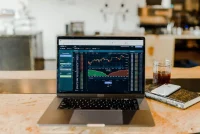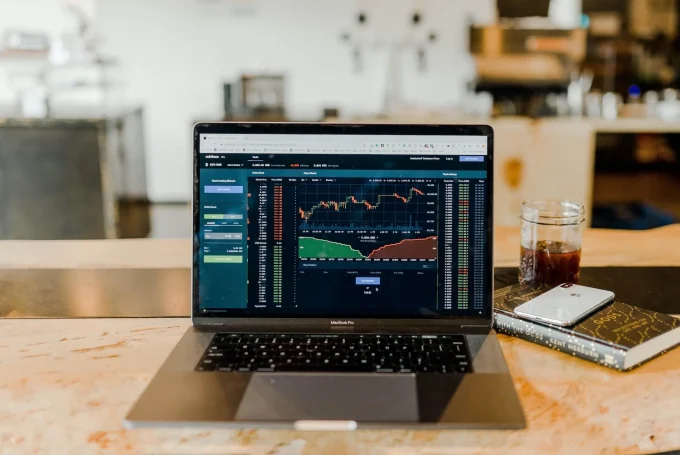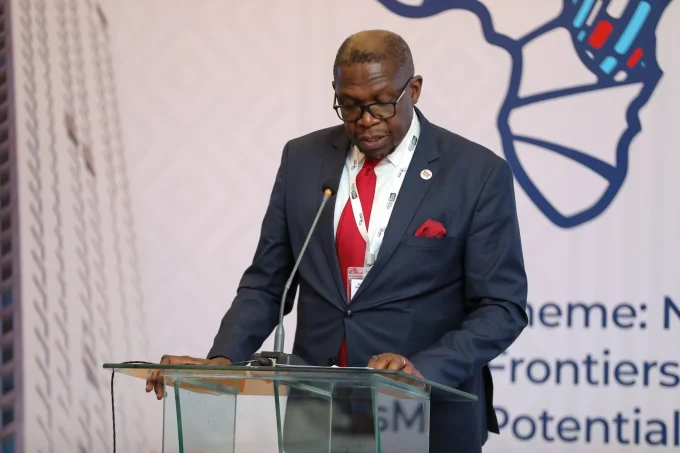[dropcap]S[/dropcap]ome things can come and pass, but not a young man’s dream. Since childhood, Wilfred Maina Njoroge always loved numbers and processes. So when he cleared college in England in 2011 and came back to Kenya, he started a slow but sure search for something that would satisfy this desires.
“While in college, I wanted to be a supply chain officer and in fact majored in supply,” he says. But the job market in Kenya wasn’t very accommodating. Njoroge had to put his professional desires on hold to run businesses here and there to make ends meet including, among others, offering cleaning services, selling eggs and, at some point, contraceptives.
In 2012 he got employed in his field of training as a stores assistant at Britam, where he rose to procurement officer. “I engineered an inventory revolution from a manual to a paperless system,” he says. “I made a difference but at the back of my mind I still had business.”
In August 2013, Njoroge resigned to venture into the world of business. He met his high school friends who introduced him to capital markets. Since he had already started investing in stocks, he had an idea of what his pals were doing.
“They were investing in high-yielding programmes especially forex (foreign exchange). We didn’t know who was handling our money and we worked out how to remove the middlemen,” Njoroge says, tracing his baby steps into the adrenalin-filled world of forex trading.
Njoroge, who runs Mich Market Analysts, a forex training and markets analysis firm, says you don’t need a lot of money to play the currency.
His experience in spot forex has been great so far, making profit 65% of the times. Now he knows his way around the Ksh4 trillion market so much that he teaches others about it. “Always follow the trend,” says the 28-year-old, revealing the forex trading strategy. “Listen to people and the economic environment.”
Risk analysis – which is simply understanding the economic environment – is the core of business for Mich Market Analysts.
In forex, says Njoroge, traders watch tools and indicators that are part of the economic environment. For example, Super Thursday, when the Bank of Egland releases economic statistics, can give an indication on how the British pound will perform and inform forex trading decisions.
“A trader needs cautions and defences,” he says. “You may not make profit every day, as we make losses too. Forex transactions move very fast and require spot-decisions that’s why being armed with the right information and using it appropriately is important. If you have information a high risk market becomes very comfortable.”
He cautions against getting into forex trading expecting easy money. He says his background in supply chain comes in handy when dealing with markets and tracking trends for cues.
The training business is picking up, with more students coming on board. The course takes six weeks, while the advanced version lasts 12 weeks, taking two to three hours a week, with flexible timing to fit into a client’s timetable.
Dream of a hedge fund
“Training costs from Ksh30,000. We have kept the cost low to make it affordable to most people as other trainers charge as high as Ksh25,000,” says Njoroge. “Good thing is anyone can train and trade in forex regardless of their background.”
The trainees learn on live trades – no demos at Mich Market Analysts, Njoroge says – to experience the real thing. “We have trainers get in with a small amount like Ksh1,000 ($10) which acts as their pilot trade and they can make profits from it. After training they pick up and grow their portfolio.”
He says he seeks to build a pool of traders who can work together to “pull markets and sway emotions”. Through this group, they can also approach Central Bank of Kenya for favourable policies.
His strategy is to make profit from forex and reinvest in low-risk businesses that can support more people. One way is to set up a hedge fund to invest cash for other people.
Njoroge advice is that don’t not invest in forex money that you have budgeted for something else because, he notes, if you lose the pain will be too much to bear and will discourage you from investing. “When investing in high risk, you go for short-term gains, then invest in low-risk, the kind of business that offers you a mattress.”
To contact Njoroge email: [email protected]

















































![Pula Co-Founders and Co-CEOs, Rose Goslinga & Thomas Njeru. Pula provides agricultural insurance and digital products to help smallholder farmers manage climate risks, improve farming practices and increase their incomes. [ Photo / Courtesy ]](https://businesstoday.co.ke/wp-content/uploads/2021/01/Pula-Co-Founders-and-Co-CEOs-Thomas-Njeru-Rose-Goslinga.jpg)




























































Leave a comment